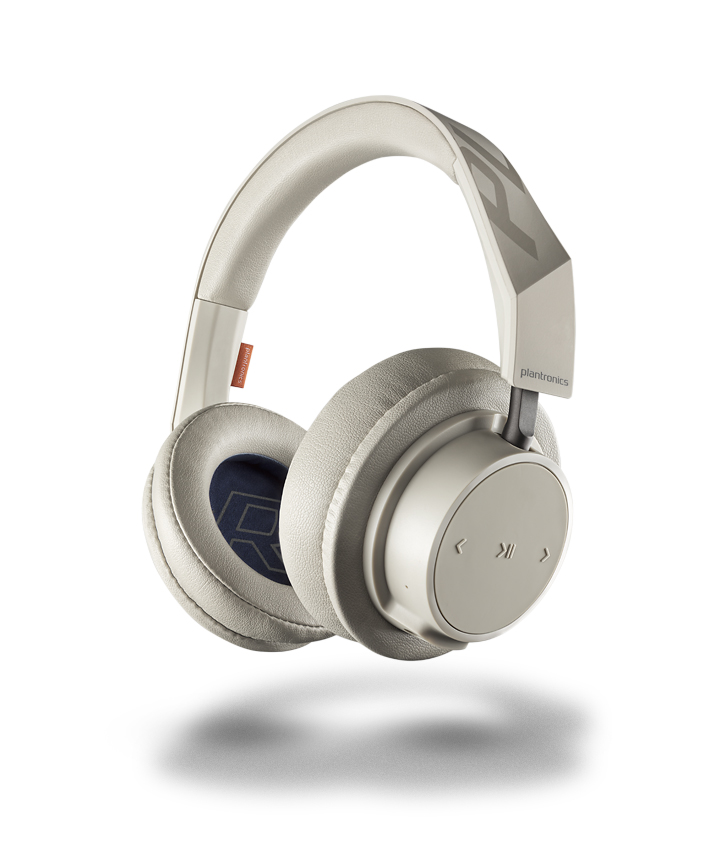

Listen to John Lennon (Ian Hart) tangling backstage with Paul McCartney (Gary Bakewell): “Are you sayin’ I’m a queer? Are you sayin’ I’m a fuckin’ fairy?” McCartney can’t figure another reason why Lennon wants no-talent Stu Sutcliffe (Stephen Dorff) playing bass for the Beatles. Their talents were raw ditto their tempers. “Backbeat” revels in the period when the Brit band was chasing fame in the grimy basement clubs of Hamburg, Germany. is your best bet.Get back to a time when The Beatles were unknown, untamed rude boys of barely legal age. If you’re in the market for colorful knitwear or elevated basics with a laid back California vibe Back Beat Co. is one of a kind when it comes to sustainable clothing. to improve it would be increased transparency around their supply chain and manufacturing.īack Beat Co. However, if there is one area for Back Beat Co. doesn’t say exactly where they manufacture their clothing – but they do note that they ensure fair wages and safe working conditions in their supply chain. However a few of their stretch items do include a small amount of elastane (>6%) so we do have to note that these items aren’t fully biodegradable and they will shed a small amount of microplastic.īack Beat Co.
Backbeat co free#
The vast majority of their line is completely microplastic free and biodegradable. They include GOTS Certified organic cotton, hemp, Tencel (regenerative eucalyptus), and linen. Back Beat’s selection of clothing includes tees, dresses, knitwear, loungewear, denim, and jumpsuits with a delightfully laid back style.īack Beat’s materials are very sustainable. makes sustainable clothing with a laid back California vibe. What are the origins of their material/s? Are they transparent about the origins of their materials and their supply chain? Where are their garments cut and sewn? Are they transparent about their supply chain and manufacturing?īack Beat Co. Is the brand ethical? Are they ensuring that workers in their supply chain are being paid a fair wage and treated fairly? Do the brands themselves pay a fair wage and treat their workers fairly? How transparent are they about their business practices? Origins Circularity can best be thought of as what happens to my clothing when I’m done with it? Does it biodegrade into inert elements? Is it actually recyclable? EthicsĮthics is simple. CircularityĬircularity is similar to materials but we believe that it’s so important it needed its own category. But we do take into account how the performance of the materials relates to the type of the garment and its intended use. Higher performance is rewarded with a higher overall score. We do this by looking at the performance specifications of individual yarns used in a brands garments. Performance - We rate the performance of the materials and factor that into the overall score. And we give higher scores to materials that check both boxes. So we think it’s important to weigh how sustainable the materials are versus how long they will last. Longevity/Durability - A huge part of sustainability is the longevity of the garments that we choose to wear. So brands that use synthetic materials like nylon, polyester, or spandex will take a deduction in this area. Microplastic - Microplastic is very harmful to our planet and we have to take this into account when rating materials. Sustainability - Sustainability encompasses the total energy expenditure required to make the materials, as well as the sources of the raw materials and how harvesting those raw materials effects our environment. Materials are ranked by 4 factors sustainability, microplastic, longevity/durability, and performance. Ecorising ranks brands using 4 categories materials, circularity, ethics & origins.


 0 kommentar(er)
0 kommentar(er)
